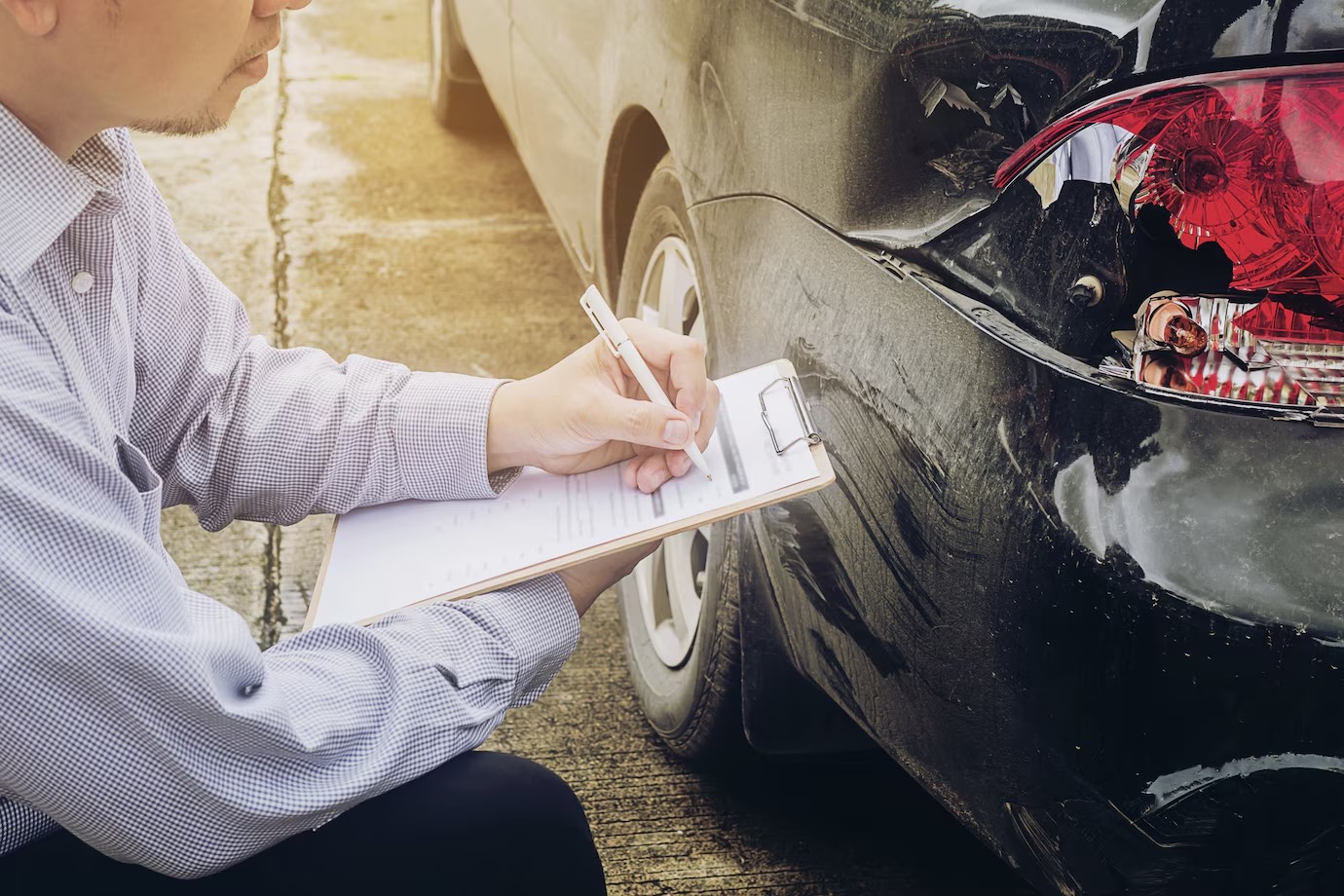Automotive News: What to Know About Settling a Car Accident Claim
This article will share how to navigate each step of a car accident claim so you can settle confidently and without too much stress.
Ever been stuck in Miami traffic, only to have a fender bender turn a stressful day into a legal headache?

The gridlock, unpredictable drivers, and rising insurance rates make accidents feel almost routine here, and for many, the real frustration begins after the cars are towed. Settling a claim isn’t as straightforward as it might seem.
Insurance companies often move slowly, pushing low offers or burying people in paperwork while hoping they’ll settle for less than they deserve. On top of that, recent increases in claim reviews and stricter policies have made the process drag on even longer, leaving drivers wondering if they’ll ever see a fair outcome.
The difference between walking away with proper compensation and feeling shortchanged often comes down to what you do in the days and weeks after the accident.
Getting the Right Help Early
The first step toward a fair settlement often comes long before the paperwork starts. Gathering evidence at the scene, collecting statements, and documenting everything from photos to insurance details creates a stronger foundation for your case. But what happens after that can make or break the process. Insurance companies, while polite on the phone, are built to minimize payouts whenever possible, using delays, low offers, or complicated procedures to wear people down.

This is why consulting with a Miami Car Accident Lawyer from Bernstein & Maryanoff early in the process can change the outcome significantly. Experienced legal guidance ensures that important details, like proving liability and calculating all damages, don’t get overlooked. They help negotiate with insurers, counter tactics aimed at reducing compensation, and handle the growing pile of forms and deadlines that can otherwise overwhelm you. For most people, working with someone who understands how these claims are structured is the simplest way to keep from losing time and money to a slow-moving process designed to favor the insurer.
Understanding How Settlements Are Structured
Car accident settlements are built on clear factors: the extent of property damage, any lost income from time off work, and the documented costs to repair or replace a vehicle. While these may sound straightforward, disagreements often arise over estimates, especially when insurers rely on their preferred adjusters or mechanics to minimize repair costs. Reviewing independent estimates and ensuring everything is properly documented helps avoid being pushed into a lowball offer.
Timelines vary depending on the complexity of the case, but one trend has become clear in recent years—claims take longer to resolve as insurers scrutinize every detail more closely. This delay is partly due to rising claim volumes nationwide and stricter internal review processes designed to limit large payouts. Knowing this in advance helps set realistic expectations and underscores the value of having someone who can push back and keep negotiations moving forward.
Documentation remains key at every stage. Repair invoices, rental car receipts, pay stubs to confirm lost income, and correspondence with the insurer all contribute to building a case that can stand up during negotiations. Keeping these organized saves time later and strengthens your position if the claim escalates into arbitration or litigation.
Avoiding the Pitfalls That Reduce Payouts
One of the most common mistakes people make is accepting the first offer without reviewing the long-term impact. Early settlement numbers may cover immediate vehicle costs but fail to account for ongoing expenses, like extended rental car use if repairs are delayed or future repair needs that weren’t initially obvious. Carefully reviewing the full scope of the damage, both immediate and potential, helps avoid surprises months down the line.
Another trap involves missed deadlines. Insurers set strict timeframes for submitting documentation, and missing one can lead to reduced compensation or a denied claim altogether. Staying proactive by tracking all dates and responding promptly keeps the claim alive and avoids unnecessary disputes. Working with legal support often simplifies this process, as they manage these deadlines while negotiating on your behalf.
Comparative fault is another factor that can impact settlement amounts. In many cases, insurers will argue that both parties share some level of responsibility, even if their evidence is minimal. Challenging these claims with solid documentation, such as witness statements and traffic camera footage, can prevent a percentage-based reduction that lowers your final settlement unnecessarily.
Why Patience and Persistence Matter
Settling a claim often feels like a waiting game, and for good reason. Insurers know that the longer the process drags on, the more willing people become to accept a reduced payout just to move on. Recognizing this tactic helps avoid rushing into an agreement that doesn’t cover everything you’re entitled to. Patience allows time for proper documentation, realistic valuations, and negotiations that reach a fair number rather than a convenient one for the insurer.
It’s also important to keep communication consistent without becoming reactive. Regular follow-ups with the insurance company keep your claim active without falling into endless back-and-forth exchanges that don’t move things forward. Having an advocate handle most of this communication frees up time and reduces frustration, while also keeping the process professional and organized.
In the broader sense, being prepared and persistent reflects how car accident claims work today. With rising claim volumes, cautious insurers, and stricter review processes, navigating a settlement without expert help has become increasingly difficult. Taking the time to document thoroughly, understand each stage, and work with those who can guide the process not only protects your financial interests but also reduces the stress of dealing with an industry designed to protect its bottom line first.
Moving Toward Resolution Without Regret
While the process can be long and frustrating, settling a car accident claim doesn’t need to become a nightmare if you approach it with the right mindset and resources. Knowing what evidence to gather, how to navigate insurer tactics, and when to rely on professional help gives you a clear advantage in reaching a fair outcome.
With the right preparation and persistence, the settlement process becomes less about battling an insurer and more about securing what you need to move forward. Working with experienced professionals, keeping meticulous records, and staying patient through delays all lead to a resolution that reflects the true costs and impact of the accident. Rather than accepting the first number offered, you position yourself to walk away with a settlement that genuinely resolves the disruption, instead of leaving you to cover the gaps later.
